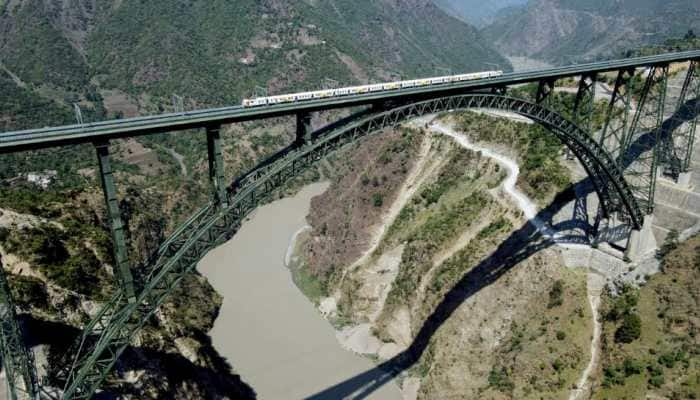Human activity driving Earth into new geological era
London: The impact of human activities on the Earth has triggered a new geological era, the Anthropocene, which is marked by the spread of man-made materials such as aluminium, concrete, plastic, and fallout from nuclear testing across the planet, says a study.
"Humans have long affected the environment, but recently, there has been a rapid global spread of novel materials including aluminium, concrete and plastics, which are leaving their mark in sediments,” said Dr Colin Waters of the British Geological Survey.
Waters is part of an international team of researchers who are trying to find out to what extent are human actions recorded as measurable signals in geological strata, and whether the Anthropocene world is markedly different from the stable Holocene Epoch of the last 11,700 years that allowed human civilisation to develop, according to the University of Leicester.
The Holocene Epoch was a time in which human societies advanced by gradually domesticating the land to increase food production, built urban settlements and became proficient at developing the water, mineral and energy resources of the planet.
The proposed Anthropocene Epoch, however, is marked as a time of rapid environmental change brought by the impact of a surge in human population and increased consumption during the 'great acceleration' of the mid 20th century.
“Fossil fuel combustion has dispersed fly ash particles worldwide, pretty well coincident with the peak distribution of the 'bomb spike' of radionuclides generated by atmospheric testing of nuclear weapons," Dr. Waters noted.
"All of this shows that there is an underlying reality to the Anthropocene concept", said Jan Zalasiewicz of the University of Leicester, a co-author of the study.
The researchers found that humans have changed the Earth sufficiently to produce a range of signals in sediments and ice, and these are sufficiently distinctive to justify recognition of an Anthropocene Epoch in the geological time scale.
Trending Photos
)
London: The impact of human activities on the Earth has triggered a new geological era, the Anthropocene, which is marked by the spread of man-made materials such as aluminium, concrete, plastic, and fallout from nuclear testing across the planet, says a study.
Waters is part of an international team of researchers who are trying to find out to what extent are human actions recorded as measurable signals in geological strata, and whether the Anthropocene world is markedly different from the stable Holocene Epoch of the last 11,700 years that allowed human civilisation to develop, according to the University of Leicester.
The Holocene Epoch was a time in which human societies advanced by gradually domesticating the land to increase food production, built urban settlements and became proficient at developing the water, mineral and energy resources of the planet.
The proposed Anthropocene Epoch, however, is marked as a time of rapid environmental change brought by the impact of a surge in human population and increased consumption during the 'great acceleration' of the mid 20th century.
“Fossil fuel combustion has dispersed fly ash particles worldwide, pretty well coincident with the peak distribution of the 'bomb spike' of radionuclides generated by atmospheric testing of nuclear weapons," Dr. Waters noted.
"All of this shows that there is an underlying reality to the Anthropocene concept", said Jan Zalasiewicz of the University of Leicester, a co-author of the study.
The researchers found that humans have changed the Earth sufficiently to produce a range of signals in sediments and ice, and these are sufficiently distinctive to justify recognition of an Anthropocene Epoch in the geological time scale.
Stay informed on all the latest news, real-time breaking news updates, and follow all the important headlines in india news and world News on Zee News.
Live Tv







)
)
)
)
)
)
)
)
)
)
